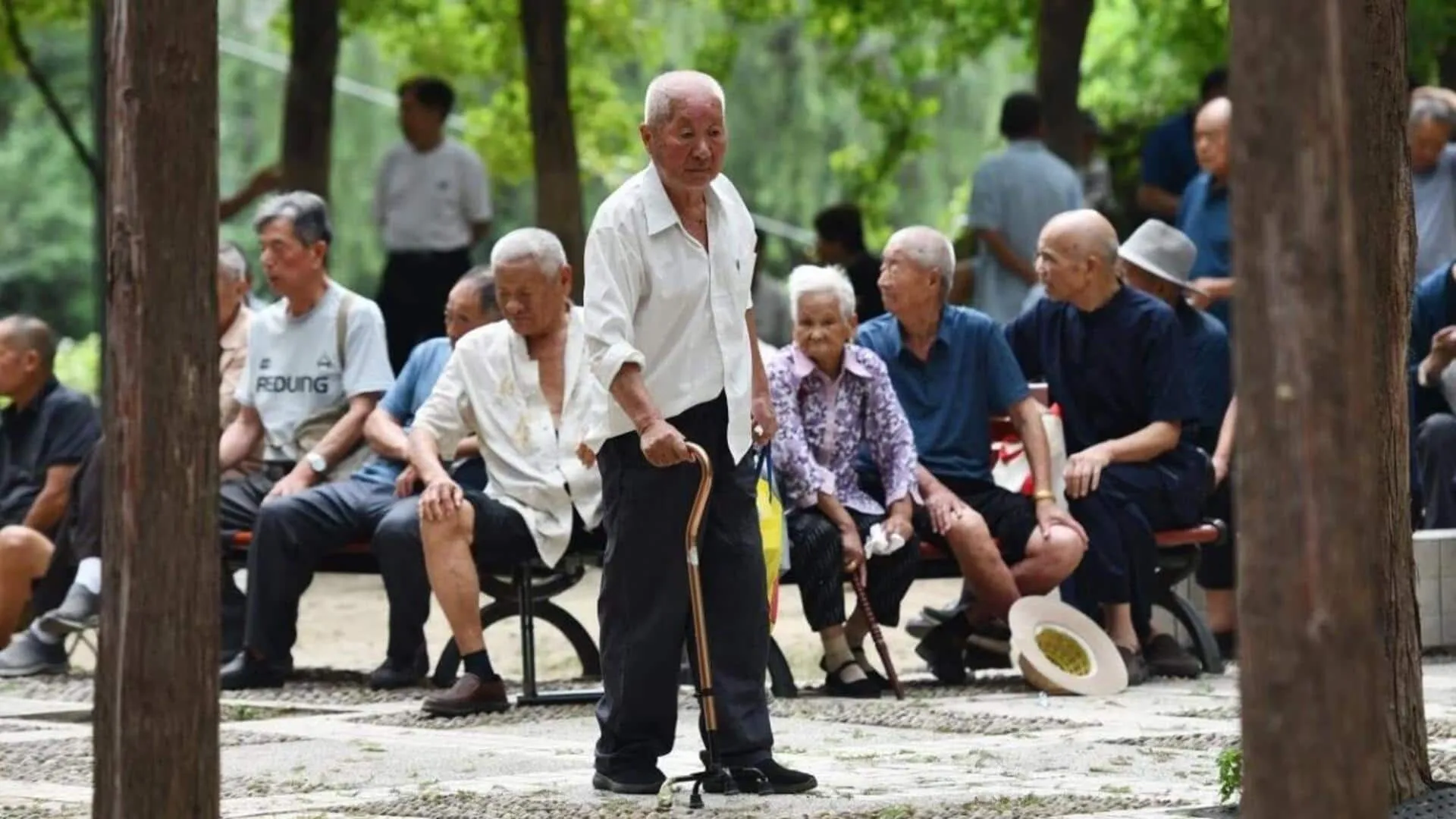Why China is Raising Retirement Ages for Its Labor Force

China's Retirement Age Proposal
China's top lawmakers are considering a proposal to increase the retirement age, a move aimed at expanding its dwindling workforce. The Standing Committee of the National People's Congress (NPC) discussed this draft decision by the State Council during their meeting on Tuesday. If approved, it would mark the first such increase in over four decades.
Demographic Challenges and Labor Supply
This discussion comes amid demographic challenges threatening the growth of the world’s second-largest economy. Delaying retirement could slow the decline of its working-age population and give Beijing more time to address falling birth rates.
Factors Influencing the Decision
- Increased labor supply: According to Yuan Xin, an economics professor, raising the retirement age could amplify the effective utilization of the labor force.
- Current retirement age limits: Since the 1970s, the age has been set at 60 for men and between 50 and 55 for women, positioning China at the lower end globally.
- Social media reactions: The announcement has sparked widespread debate regarding potential impacts on youth unemployment.
- AI job threats: The growing use of artificial intelligence raises concerns for traditional labor roles.
Long-term Effects
A larger tax base and delayed access to benefits will reduce the government's burden of funding pensions as the senior population rapidly expands. China's population has been declining since 2022, with projections indicating that individuals aged 65 and above will reach 30% of the population by 2035, up from 14.2% in 2021. Thus, the urgency of raising the retirement age intensifies as the country grapples with a declining birth rate and a shrinking workforce.
This article was prepared using information from open sources in accordance with the principles of Ethical Policy. The editorial team is not responsible for absolute accuracy, as it relies on data from the sources referenced.